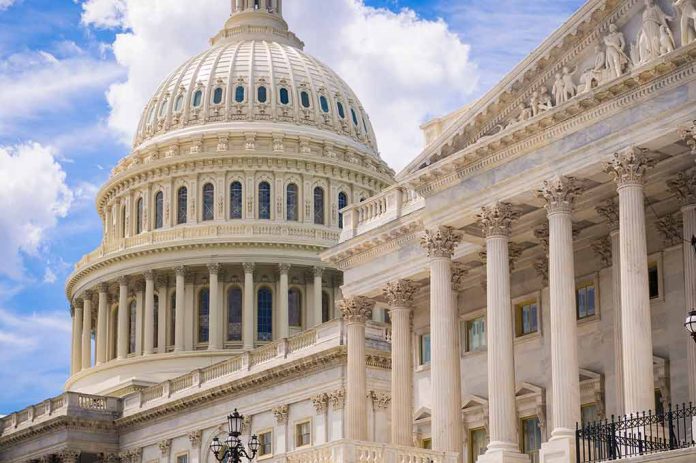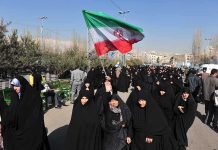
Senator Brian Schatz stands opposed to the “attack” on the U.S. Agency for International Development (USAID), and is responding by holding up State Department nominations in a move that’s stirring up controversy in Washington.
Key Takeaways
- Senator Brian Schatz is holding up State Department nominations to protest efforts to restructure or dismantle the USAID.
- Schatz argues dismantling USAID is illegal and compromises national safety.
- Secretary of State Marco Rubio is temporarily the acting administrator USAID, and has cited the need for policy alignment.
- The move has sparked debate over the legality and consequences of dismantling a federal agency.
Schatz’s Stand Against USAID “Attack”
In a significant development on Capitol Hill, U.S. Senator Brian Schatz (D-Hawaii) has announced a “blanket hold” on all State Department nominees. This dramatic move comes in response to the Trump administration’s move to target the U.S. Agency for International Development (USAID), an independent agency established in 1961 to administer humanitarian aid programs globally.
Schatz’s move comes in the wake of Elon Musk indicating that both he and President Donald Trump agreed the agency needed to be shut down. Meanwhile, Secretary of State Marco Rubio says he is currently acting director of the agency, although he has reportedly delegated his responsibilities. “USAID is not functioning. It has to be aligned with U.S. policy. It needs to be aligned with the national interest of the U.S.,” Rubio said.
Schatz’s decision to use his senatorial powers to hinder nominations underscores the gravity of the situation. The Hawaii Democrat argues that the dismantling of USAID is not only illegal but also compromises national safety. He has stated that he plans to hold up nominations until “this brazenly authoritarian action is reversed and USAID is functional again.” This standoff highlights the growing tension between the administration’s desire to streamline government operations and congressional oversight of federal agencies.
The Legal and Political Battleground
The controversy surrounding USAID’s restructuring has quickly escalated into a legal and political battleground. Senator Schatz, along with other Democratic lawmakers, recently protested outside USAID headquarters.. This symbolizes the broader struggle over the agency’s future and the administration’s approach to foreign aid.
The senator’s assertion that dismantling USAID requires passing a law, as it was established by federal statute and funded by Congress, raises important questions about executive power and the process of restructuring federal agencies.
USAID Under Scrutiny
USAID, which has an annual budget of approximately $40 billion, has come under intense scrutiny from the Trump administration. The President has accused the agency of waste and fraud. This criticism aligns with the administration’s broader goal of reducing the size of the federal government and freezing international aid.
The agency has been effectively locked down, with employees laid off and programs closed. The USAID website and social media accounts have been taken down, signaling a dramatic shift in the agency’s operations and public presence. These actions have raised concerns about the future of U.S. humanitarian efforts abroad and the potential geopolitical consequences of scaling back American aid.
Political Ramifications and Future Outlook
The political ramifications of this standoff are significant. Senator Chris Van Hollen (D-Md.) has joined Schatz in placing holds on nominations, demonstrating a united front among some Democrats against the administration’s actions. The hold affects high-profile nominees like Rep. Elise Stefanik (R-N.Y.), who has been nominated as U.S. ambassador to the United Nations.
Meanwhile, Rubio has criticized the agency for being unresponsive to State Department directives. Rubio’s involvement signals a potential shift in USAID’s mission and operations, aligning more closely with the administration’s foreign policy objectives.
As this situation unfolds, the future of USAID and U.S. foreign aid policy remains uncertain. The legal challenges, political maneuvering, and potential court interventions suggest that this debate is far from over. The outcome of this conflict will likely have lasting implications for America’s role in global humanitarian efforts and its approach to international development.
Sources
- Schatz says he’ll block confirmation votes until USAID restored
- Democrat places blanket hold on Trump’s State Department picks over targeting of USAID
- Democratic Senator Says He’ll Put a Hold on Trump’s State Department Nominations
- Schatz Announces Blanket Holds on Trump’s State Department Nominees Until Attack on USAID Is Reversed













